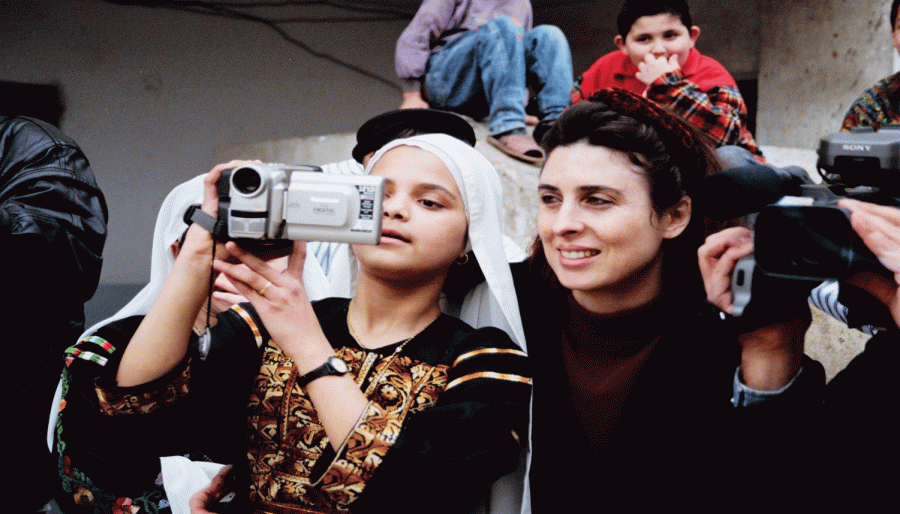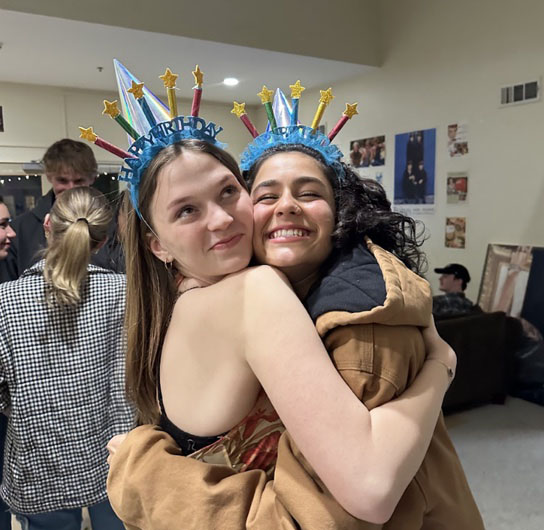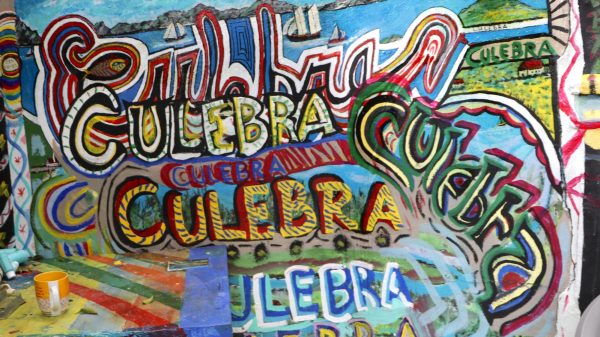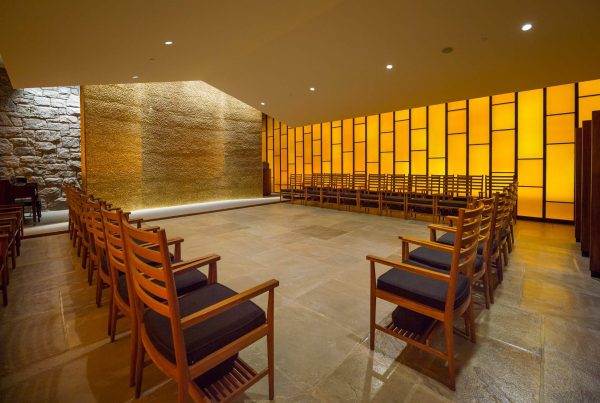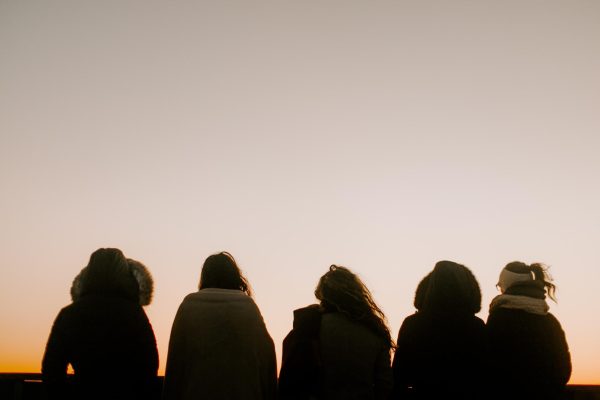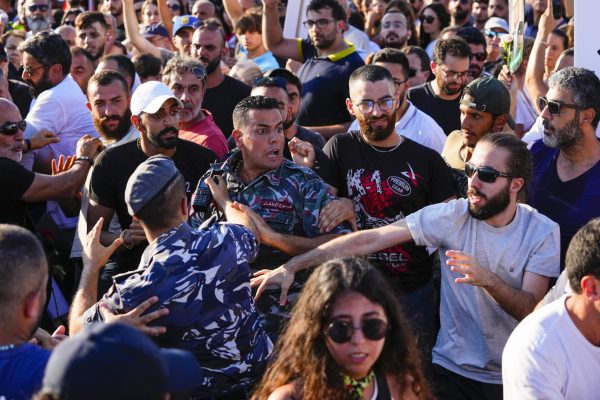Children of Shatila: Humanity Prevails
Mai Masri’s 1998 film, Children of Shatila, is the second film in a trilogy of documentaries focused on the imaginations of the children and women living in the Shatila refugee camp. The Palestinian murders in Shatila by a right-wing Christian militia in 1982 occurred during Israel’s invasion of Lebanon during the civil war. The massacre caused the displacement of many Lebanese during this time. Today, there is still a widespread urge, want and need to return to the homeland in this community. The generations of Palestinians who were forced to leave their homes, their people and their land date back to 1948; refugees have spent more than 70 years living in an area that is outside of their homeland, dealing with immense suffering from siege, massacre, war and destruction. These refugees cannot return to Palestine, and they are not welcome in Lebanon. Yet, the children and women carry such a strong force in these refugee camps for the community to prevail. It is this prevalence of spirit and imagination contrasting with the harsh reality of the Palestinian refugee camps that lends Masri’s film to be unexpected and inspiring.
The images of the refugee camp in ruins, the massive amount of victims in body bags and the squalid living conditions that have worsened over time cast a dark image as the film begins. Part of the uniqueness of this film stems from the fact that Masri grew up only blocks away from the Shatila refugee camp; she is from Beirut and spent years at Shatila with the children. Because of this distinct perspective, the documentary quickly puts to rest any arguments over issues of cultural appropriation in Masri’s filmmaking. She is from this land, and is telling a story about her own people. Masri said after the film screening that her main purpose in these documentaries is “to see through the eyes of the children, to capture their authenticity and raw emotion.”
The two main characters in the documentary are Issa and Farah. Masri reflected on her decision to focus on these two children and emphasized that she chose Issa and Farah because of the strength of their imaginations, the power and magnitude of their relevant perspectives and the ways they represent a large part of the community. Issa’s story is powerful and symbolic: he lost some of his memory in a car accident; throughout the film, Masri represents Issa’s struggle as a metaphor for Palestinians’ collective struggle to hold on to and search for a homeland. There is a scene in which Issa interviews his grandfather, and his grandfather says, “Promise me you won’t forget.” This generational pledge of returning to the homeland showcases how memories are passed on from each generation. Because the people living in Shatila are refugees who do not live in their homeland, their memories form, shape and influence their identity in an extremely powerful way. It is interesting to see how younger generations, people like Issa and Farah, reinterpret what they have grown up hearing of their homeland. To identify with a place where one has never seen or lived in is incredibly challenging, and perhaps this inspired or led to the strength and robustness of the children of Shatila’s curiosity and imagination.
Farah, on the other hand is lively, funny and full of ambition. Masri gives Farah a true identity through the adorable story of Farah’s birthmark, to her helping Issa in school and to her dreams of becoming a doctor. Masri successfully provides a sense of realness to these children and eliminates the distortion and cultural appropriation of their struggles. Today, Farah is a graduate with her doctorate degree and lives in Australia; her sisters are all doctors as well.
Masri discussed the ethical questions she asks herself as a documentarist, and said that she fuels her films by focusing on the education of the children. She takes pride in watching the children of Shatila grow up and stays in touch with them all today. Masri spoke to the children’s ability to surmount struggles through their imagination and their creativity. She added that people hold onto their humanity despite suffering; more empathy and sharing occurs while living through wars, and, in effect, war brings out the best in people.
Documentaries are a way of writing unrecorded histories. Children of Shatila is a version written by the oppressed and documents the history of people from a local’s perspective. Masri articulates throughout the film that tragedies occurring in the Palestinian refugee camps should not continue for future generations, as they have since 1948. The children of Shatila deserve a future of possibility and hope, and it is on the rest of us to turn this possibility into a reality.
Contact Caylea Barone at [email protected].
Caylea Barone is a senior from LaGrangeville, New York concentrating in environmental studies and art and art history with an emphasis in studio art. She...


